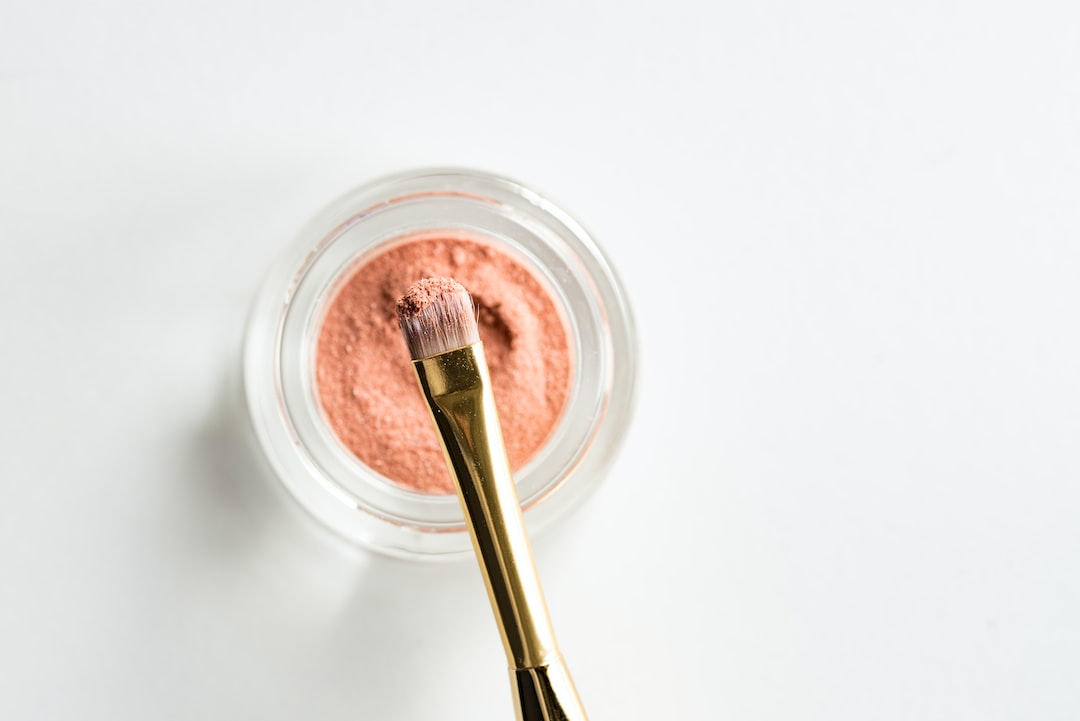The Science Behind Ingredients: Choosing the Right Products for Your Skin Concerns
When it comes to skincare, there is no shortage of products that claim to solve all of your skin concerns. From acne to wrinkles, dark spots to dryness, the options are endless. But how do you know which products are actually effective and worth your investment? The answer lies in understanding the science behind skincare ingredients.
The skincare industry is constantly evolving, with new ingredients being discovered and tested to address different skin concerns. To make an informed decision about which products to use, it is crucial to have a basic understanding of the ingredients that are proven to be effective. Here, we will delve into the science behind some key ingredients and how they can address common skincare concerns.
1. Retinoids: Known for their anti-aging benefits, retinoids are derivatives of vitamin A that have been extensively studied and proven to stimulate collagen production, reduce fine lines and wrinkles, and promote cell turnover. They are also effective in treating acne and improving skin texture. Look for products that contain retinol, retinyl palmitate, or adapalene, which are less irritating than prescription-strength retinoids.
2. Hyaluronic Acid: This ingredient is a game-changer when it comes to hydrating the skin. It is a humectant, which means it attracts moisture from the environment and binds it to the skin, helping to plump and smooth out fine lines and wrinkles. Hyaluronic acid is suitable for all skin types and can be found in serums, moisturizers, and face masks.
3. Alpha Hydroxy Acids (AHAs): AHAs, such as glycolic acid and lactic acid, are excellent exfoliants that remove dead skin cells, unclog pores, and promote cell turnover. They are highly effective in treating hyperpigmentation, acne, and dullness. AHAs can be found in various concentrations, so it is important to choose a product that suits your skin’s tolerance level.
4. Vitamin C: Known for its antioxidant properties, vitamin C helps protect the skin from free radicals, which can lead to premature aging. It also brightens the skin, evens out skin tone, and stimulates collagen production. Look for products that contain L-ascorbic acid, which is considered the most stable and effective form of vitamin C.
5. Niacinamide: This multitasking ingredient is a form of vitamin B3 that is gaining popularity in the skincare world. Niacinamide helps regulate sebum production, calms inflammation, reduces redness, and strengthens the skin barrier. It is suitable for all skin types and can be found in serums, moisturizers, and spot treatments.
6. Peptides: Peptides are short chains of amino acids that have been shown to boost collagen and elastin production, resulting in firmer, plumper skin. They can help reduce the appearance of fine lines and wrinkles and improve overall skin texture. Look for products that contain peptides like palmitoyl pentapeptide-4 or Matrixyl.
7. Ceramides: These are naturally occurring lipids found in the uppermost layer of the skin. They help strengthen the skin barrier, retain moisture, and protect against environmental irritants. Ceramides are especially beneficial for those with dry or sensitive skin and can be found in moisturizers, cleansers, and serums.
8. Salicylic Acid: If you struggle with acne, salicylic acid is your best friend. It is a beta-hydroxy acid that exfoliates the skin, unclogs pores, and reduces inflammation. Salicylic acid is particularly effective for treating blackheads and whiteheads. Look for products that contain 0.5% to 2% salicylic acid.
9. Green Tea Extract: Besides being a soothing ingredient, green tea extract is rich in antioxidants called catechins, which help protect the skin from damage caused by UV radiation and pollution. It also has anti-inflammatory properties, making it beneficial for acne-prone or sensitive skin. Look for products that contain green tea extract high in catechins.
When choosing skincare products, it is important to consider your unique skin concerns and sensitivities. Keep in mind that not all ingredients will work for everyone, and it may take some trial and error to find the right products for your skin. Consulting with a dermatologist or skincare professional can help guide you in selecting the most suitable ingredients and formulations for optimal results.
In conclusion, understanding the science behind skincare ingredients is crucial for making informed decisions about your skincare routine. By familiarizing yourself with the benefits of key ingredients and the concerns they address, you can select products that are tailored to your skin’s needs. Remember, skincare is not a one-size-fits-all approach, and finding the right products requires patience, experimentation, and an understanding of what works best for you.


